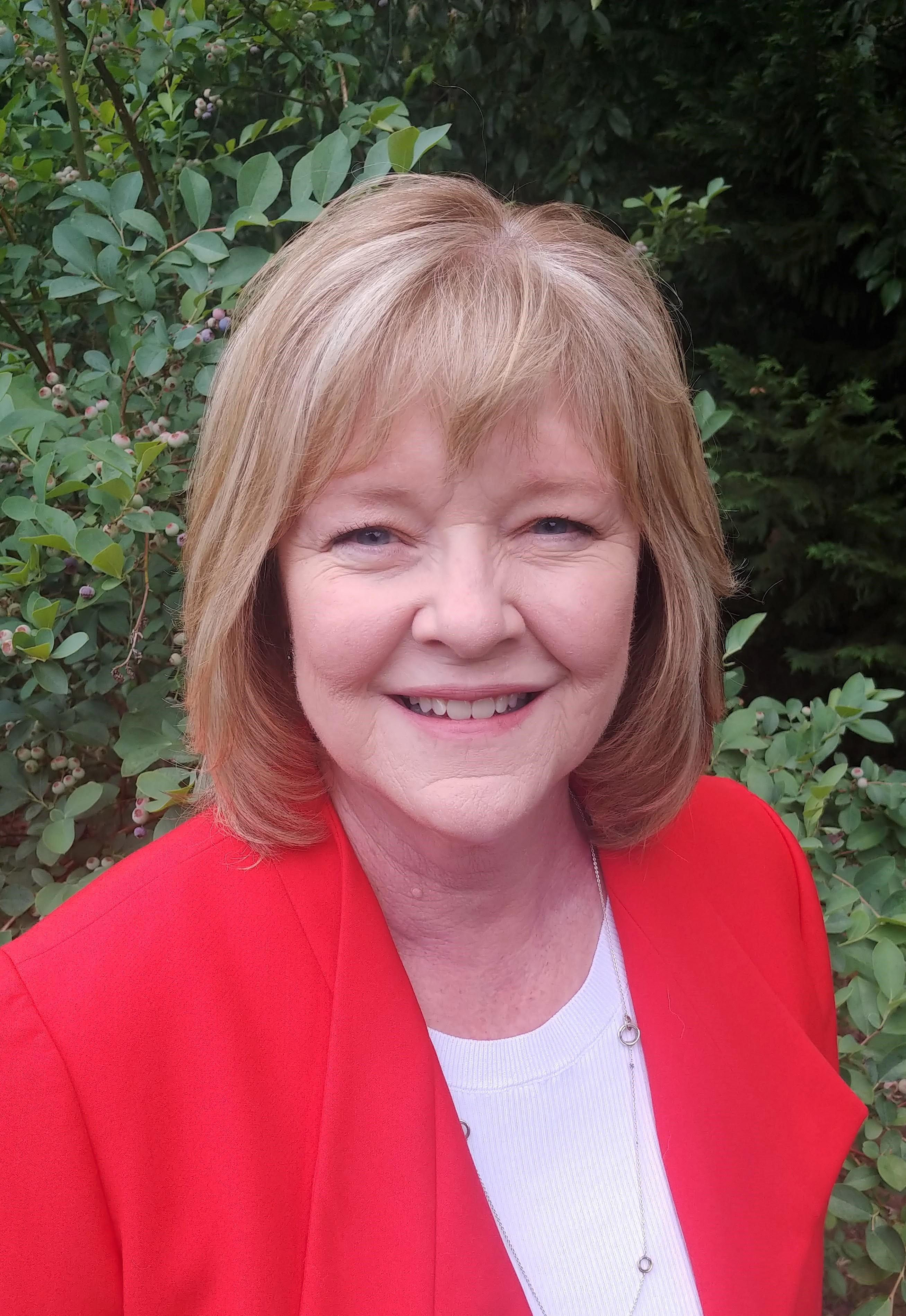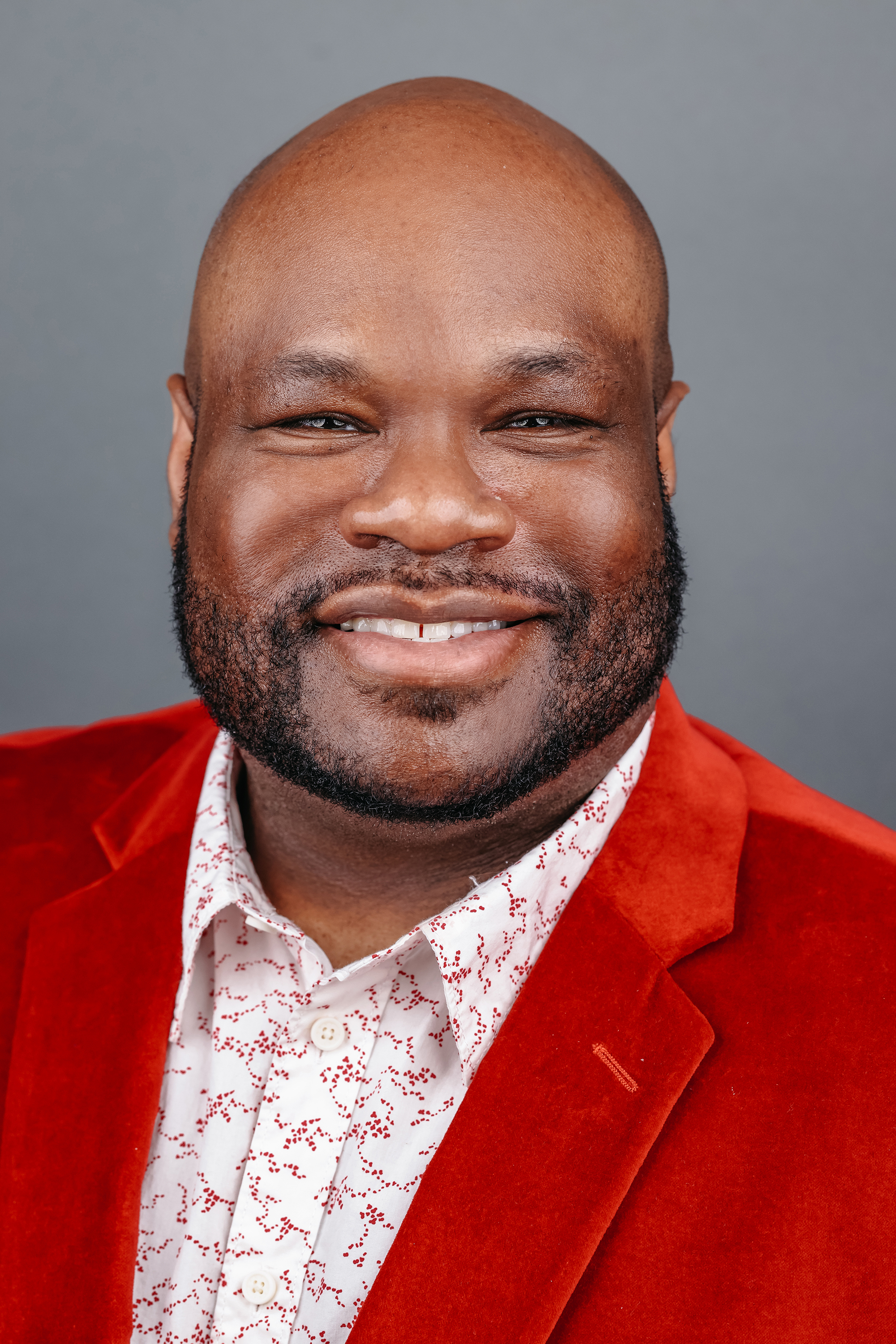Defining an employee based on the year she or he was born can be risky. But we do it, don't we?
Members of the Silent Generation, so the generalization goes, are known for traditional values and a sense of duty. Boomers, we tend to believe, hold a strong work ethic. Gen Xers are known for their adaptability and independence. Millennials have a strong desire for a work-life balance. And Gen Z leans into technology.
And these may be true. But what is also true is that there are a wide variety of factors that shape us as individuals: historical events, technology, family dynamics, socio-economic status, religious upbringing, our sense of community, the schools we had access to, and lots more.
For this article, we spoke with four human resources professionals -- a Baby Boomer, a Gen Xer, a Millennial and a Gen Zer -- and asked them each the same questions about their preferences within the modern workplace.
Some of the responses were unexpected. We found a Baby Boomer who is tech-savvy and enjoys using emojis. Then we've got a Gen Zer who prefers face-to-face conversations.
What unites them? All four respondents say they value competitive pay, work/life balance and fair treatment. They appreciate flexible work environments and options for remote work, which have become more important in the wake of the COVID-19 pandemic.
So, do generational stereotypes ring true in the modern workplace? We invite you to read their responses and decide for yourself.
Maggie Carrington, Baby Boomer
Founder and Chief Strategic Officer of HR Habitude
As a long-time practitioner in human resources who is future focused, I've always found it fascinating to develop an understanding of how life experiences impact our outlook, preferences and expectations. Based on that, about 17 years ago, I began to highlight generational differences to be more effective while helping others appreciate them.
Even so, as an individual labeled as a Boomer who is also on the cusp of being Gen X, I am reluctant to suggest that my own preferences and expectations are representative of an entire body of people. I consistently strive to combat stereotypes personally and professionally, so the perspectives being shared are simply my own.
Jim Pugh, Generation X
Former President of Southern Eastern Tennessee Society of Human Resources Management
As a Generation Xer and Human Resources professional it is always interesting when there is study on people. While there are commonalities within generations, our experiences shape our opinions and preferences. Therefore, I work to actively listen and value each person for their viewpoint regardless of the age or generation.
Akil Lloyd, Millennial
Director of Human Resources at Cempa Community Care
Being a Millennial, I feel we are fortunate to have grown up learning from the previous generations as well as adapting with the later generations. Millennials crave independence at work as well as the ability to contribute and be fully present for the people or things that matter in our personal lives. We crave growth and development in our careers but we are not afraid to start over if we are somewhere, if those professional or personal needs are being met.
Anna Shrum, Generation Z
Vice President of the UTC student chapter of Society of Human Resources Management
As part of Generation Z, I believe that my generation is flexible in the workplace. With the rapid advancement of technology, we have learned how to adapt to change quickly, and think we will take that into the workplace. I think my generation also puts great emphasis on having a workplace culture that focuses on connection and mental health.
What are your communication preferences?
Carrington: I have always preferred face-to-face as it provides the most "complete" communication through enabling the nuances of nonverbal communication. Those critical aspects are increasingly lost across the spectrum of virtual, oral (phone), and written (text, email, IM) communication.
Despite the less-effective means, I'm quite comfortable communicating virtually and likewise embrace and extensively utilize texting, emailing, instant messaging, etc., though always with an eye towards intentionally providing some additional context, typically through what many likely consider my overuse of emojis.
Pugh: I am very flexible with communication, email, text, or call as long as I get a response in a reasonable time. I think probably a lot of Gen Xers are still reluctant to texting and instant messaging, and prefer a phone call. I have children, and they prefer texting; so to communicate with them, I've learned how to engage with texting. Same with recruiting younger candidates -- many like to text and it's easier for them. You have to meet them in their space.
Lloyd: For short, quick bites of information, I prefer text. But for more complex or important dialogue, I prefer a phone call or face-to-face. Millennials tend to want the absolutes of a message. Tell us what's needed and let's discuss the best way to communicate going forward regarding the subject matter.
Shrum: In the workplace, I enjoy assertive, face-to-face communication. I believe that communication is extremely important and should not be dismissed.
What would you consider to be an ideal work environment?
Carrington: An ideal work environment for me includes optimistic, highly capable, dedicated, hard-working, emotionally intelligent, inspiring colleagues with a strong commitment to achieving desired outcomes. My experience has been that when that combination exists, it creates positive dynamics even when challenges are great.
I possess a deep appreciation for and understanding of many other roles within organizations, as I have been responsible for recruiting for a wide array of positions. With that, I have had some visibility into the variability of workloads and expectations. I have always had a need to ensure a strong sense of fairness in how work is done and, of course, the need for competitive and equitable pay based on the combination of demands, capabilities and contributions.
I lean towards being an introvert, so prefer to work independently and find working remotely especially effective.
Pugh: A balance between a collaborative team and individual work is ideal, as not all decisions require a team. Flexibility to manage my own schedule within normal working hours is also an expectation, as long a the work is getting completed on time and with quality. Compensation and benefits are expected to be fair and at market levels.
I prefer to be in the office, as it's sometimes easier when working on larger, more complex projects. Sometimes it's good to have a collaborative group. But the flexibility to manage my own schedule, hybrid or remote, needs to be there.
To me, this is more about what's needed for a job as opposed to being generational. Since COVID, more people have figured out ways to be remote or hybrid. Since then, it's been proven that you can be just as effective instead of being in the office all the time.
Lloyd: Definitely a team forward environment, where all strengths can be utilized. Having flexibility is pivotal for me at this point in my life. I feel I can achieve my duties outside my traditional workspace, if necessary. Working in an environment where there is fair and equal pay, an encouraged work/life balance, and the opportunity to be rewarded for hard and high-quality work, all adds to an ideal situation.
Millennials like options, and we pride ourselves on being able to get our work done in any situation. Traditional ways of doing things are always great to know that its available, but Millennials also like the opportunity to think "out of the box" to find new solutions for new or old problems.
Shrum: An ideal work environment includes opportunities for advancement, internally and externally aligned salaries, competitive benefits and a positive culture. A workplace's culture is extremely important, as I believe that a business' people are what sets it apart and gives it a competitive advantage.
What sorts of management styles do you prefer?
Carrington: As an experienced professional, I have worked with and for a variety of managers. My preference is for respectful, visionary, open-minded leadership with exemplary listening skills. Coupled with that is an expectation of deep trust in and appropriate and meaningful recognition for my capabilities and contributions.
Pugh: An open, fair and honest style that provides growth opportunities. I like to be challenged and supported when working toward a goal or project.
I think for the most part, Gen X thinks this way. People take pride in successfully completing a project -- they want to do well, and put their best foot forward. In order to do that, they have to be supported. Having someone micromanaging or looking over an employee's shoulder is just not productive.
Also with Gen X, they have been in the workforce for a while, so they have a base knowledge of what they need to do and what the expectations are. If they're given an assignment, they can take charge and get it done without micromanaging.
Lloyd: I prefer a manager who can set clear expectations and then entrust me to do my job. I'd love and welcome regularly feedback sessions to gauge my performance as well as any opportunities to improve. It's nice to know support is available but also not be hovered over or micromanaged.
Millennials like group dynamics and a democratic style of leadership since these were concepts that they learned and adapted throughout primary education. Most Millennials prefer constant feedback for reassurance that all expectations are being met.
Shrum: Personally, I enjoy a hands-on manager who is engaged with their employees; although there can sometimes be a thin line between hands-on and micromanagement. I think managers who understand the appropriate involvement while giving their employees freedom will be successful in the workplace.
READ MORE




